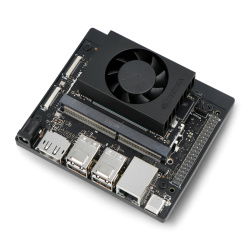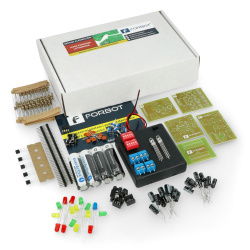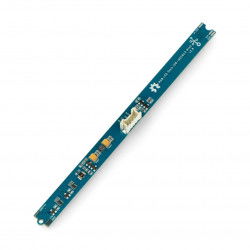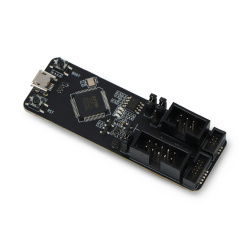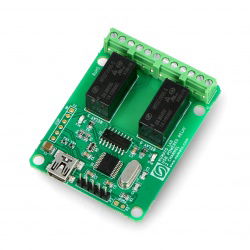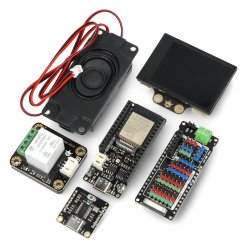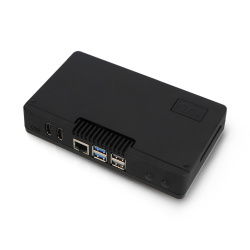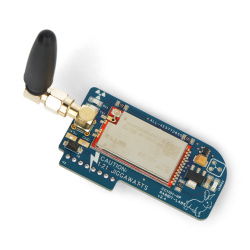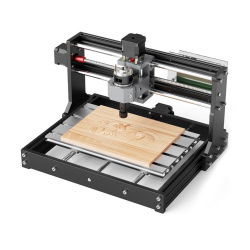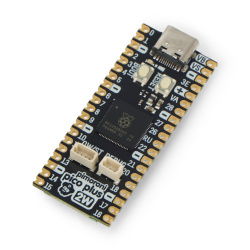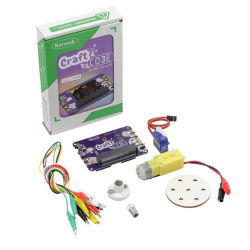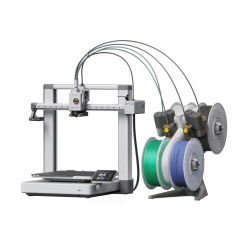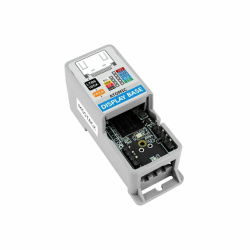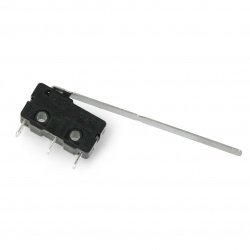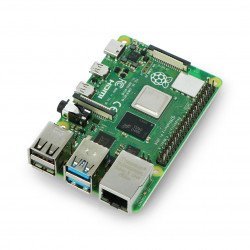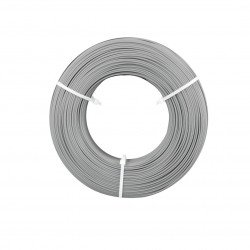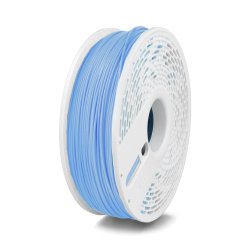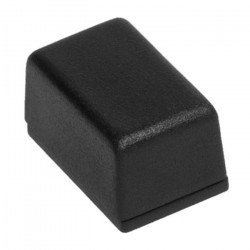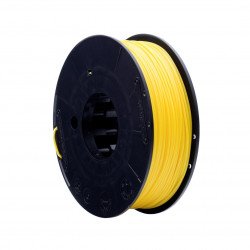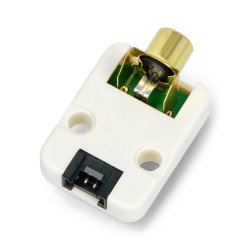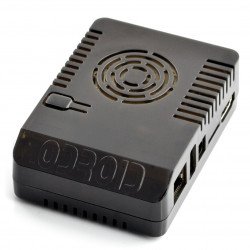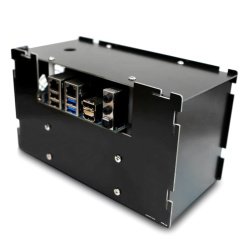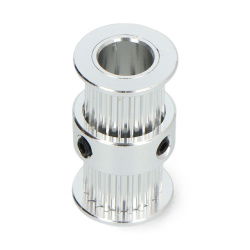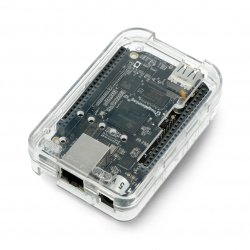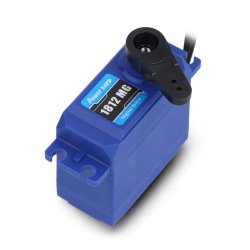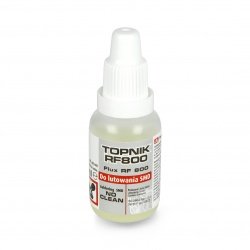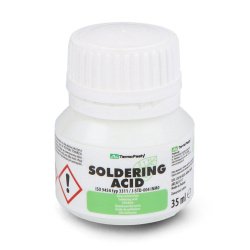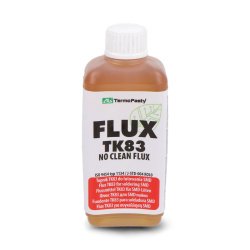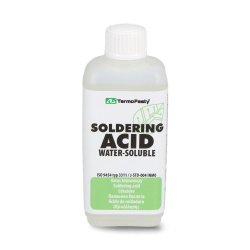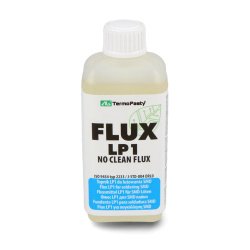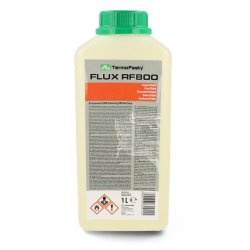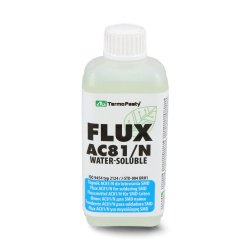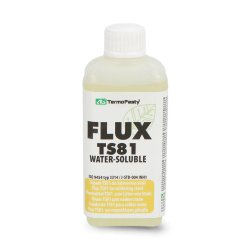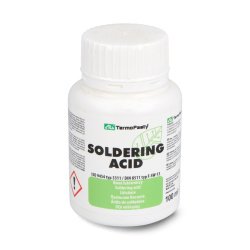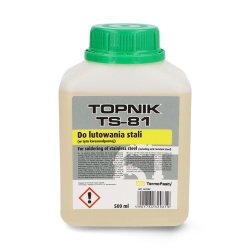Is soldering flux more important than tin?
The answer to this question may be surprising - but to some extent the answer can be affirmative. Although uneven tin and a good quality alloy significantly improve the soldering results, even old or improperly made connections can often be re-soldered without even using a piece of new tin - the main role is played by the soldering flux.
Flux, i.e. the proper course of soldering
Even the best solder with the addition of organic activators without flux (e.g. due to too long heating or using too high a temperature) will quickly lose its original properties (e.g. in the case of high current). Although you should not overdo it with flux - it is necessary for every solder, which can be particularly noticeable in SMD assembly (in the surface SMD soldering process). But which soldering flux should you choose?
Types of fluxes
The choice of flux (e.g. for soldering copper) is often dictated by the previous preferences and experience of the installer, but some general principles can be indicated. The simplest and most frequently used flux by many people is ordinary activated rosin - nothing more than a high-purity resin, enriched with chemical compounds that make soldering much easier. Heated solder rosin hardens quickly, and after cooling it becomes brittle, which can be seen especially on older boards.
Working with gel and liquid fluxes is completely different. The former are perfect for SMD soldering, because when applied to the board they retain their properties for a long time, melting only near the tip. Liquid fluxes evaporate very quickly, but therefore do not leave any traces, which are still quite visible in the case of gel fluxes. Both types of fluxes mentioned above often come in the "no clean" variety, which means that they do not require washing the tiles after use (although this is good practice in most cases).
Fluxes available at the Botland store
In this category you will find various types of fluxes, perfect for all assembly and repair works. For traditionalists, we have classic rosin in cans of 20, 40 and 100 g. People involved in SMD assembly will especially appreciate fluxes in gel (e.g. the excellent Flux RMA 223), in the form of a pen (Flux Pen TK83) and liquid (RF800, available in various packages from 15 ml to 100 ml). For professionals, we also have high-class, thickened gel flux from AG Termopasty, packed in convenient syringes.
Rosin and flux are one of the basic elements of good soldering. We also offer high-quality soldering pastes that ensure smooth soldering. We also offer solder pastes intended for both SMD and THT soldering. Solder paste may additionally contain tin, which enriches its composition. Selected products have a lower melting point, which ensures a higher level of safety during soft soldering. Buy them at the Botland store - a proven supplier.













